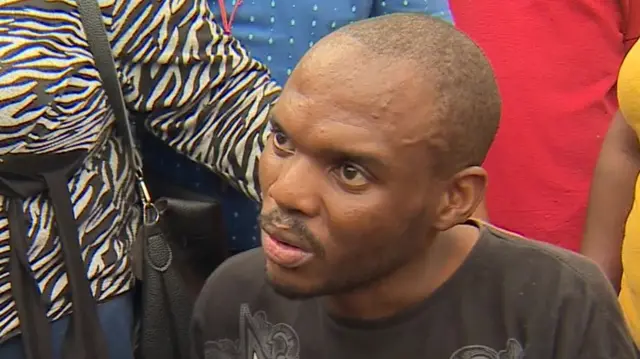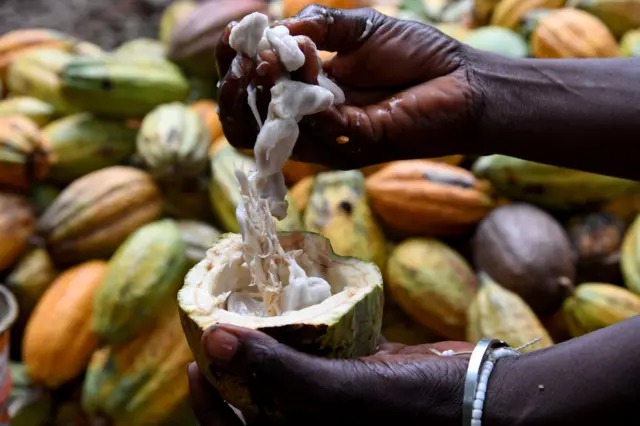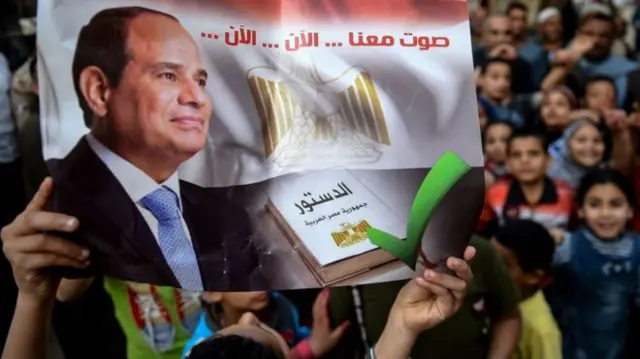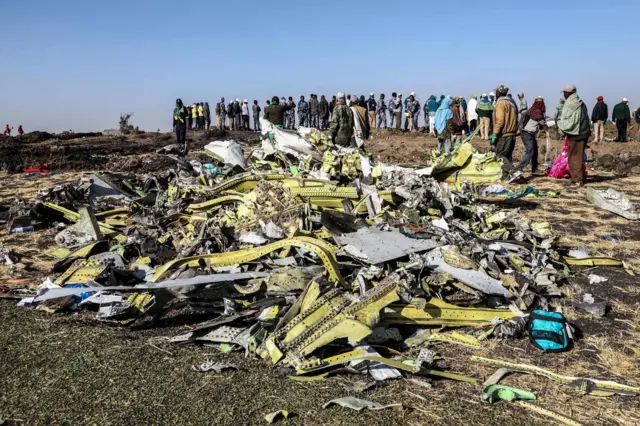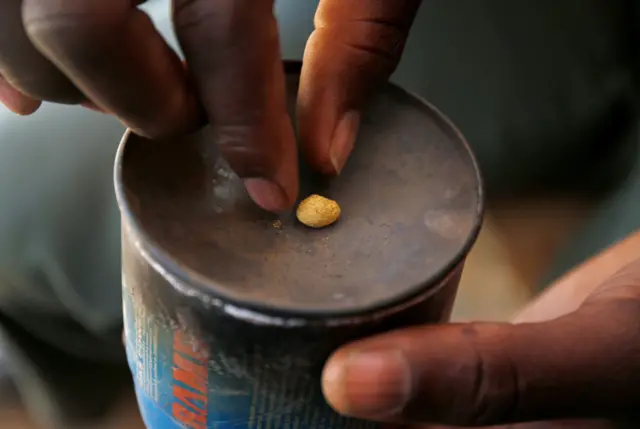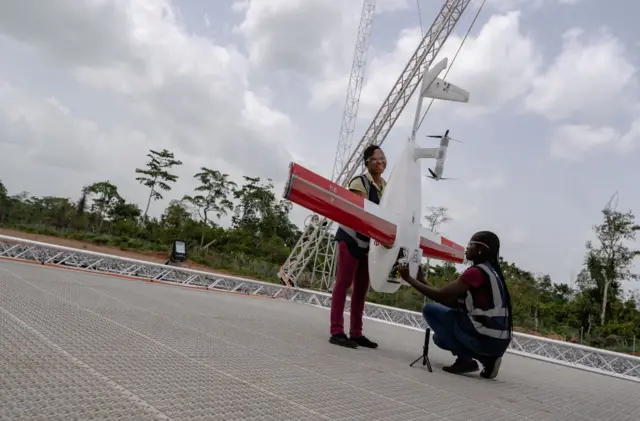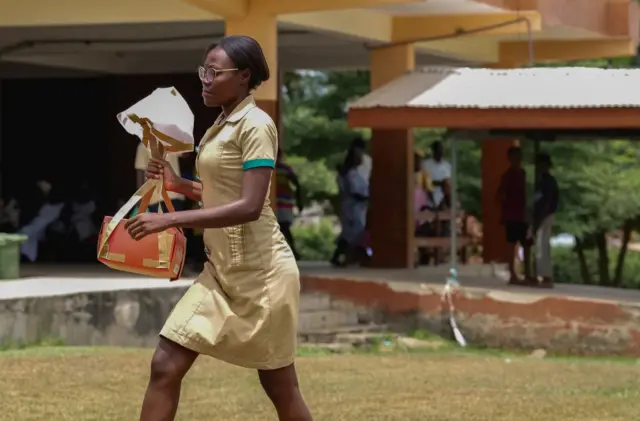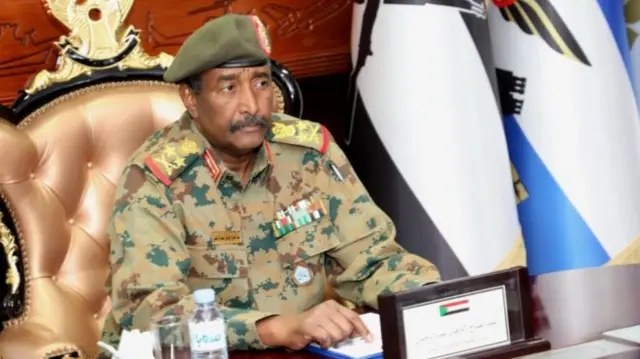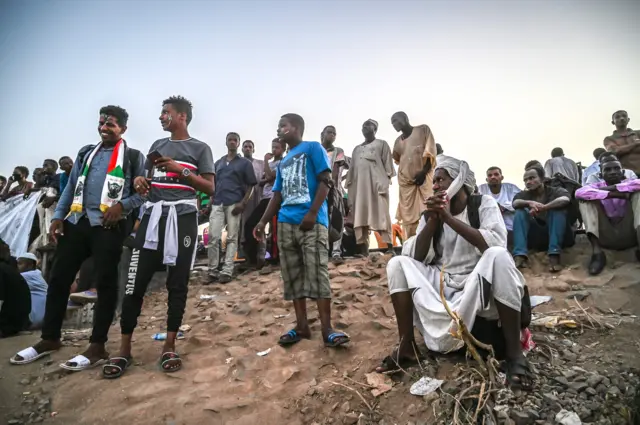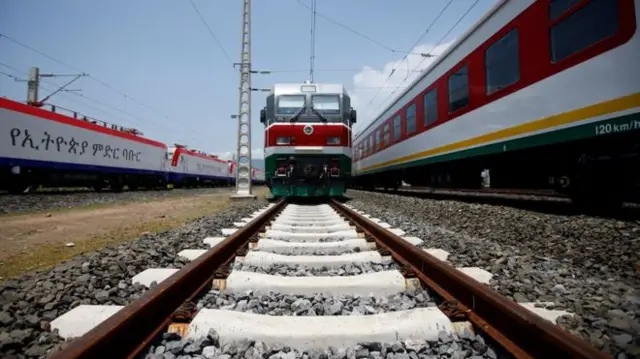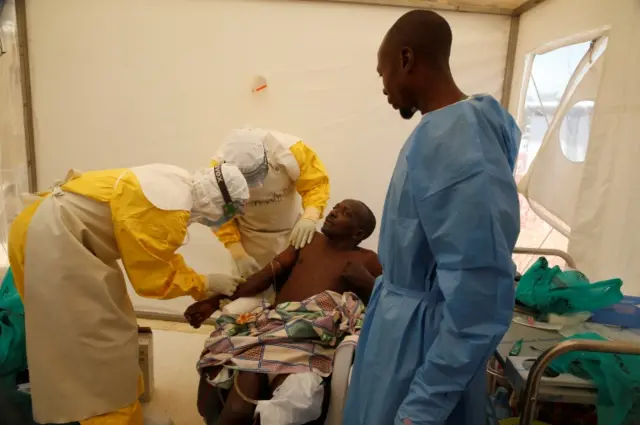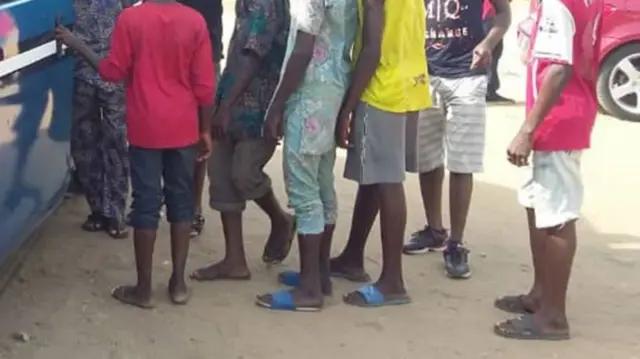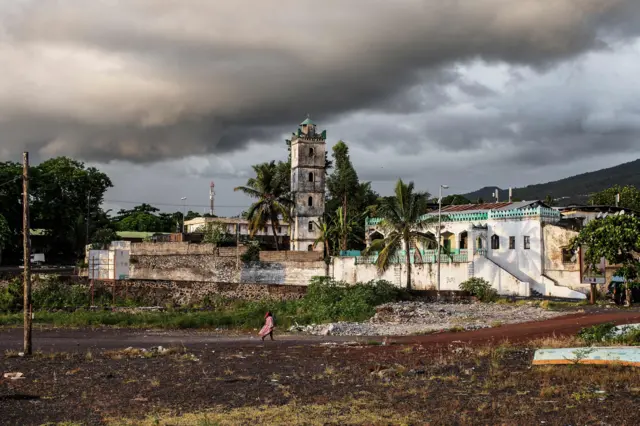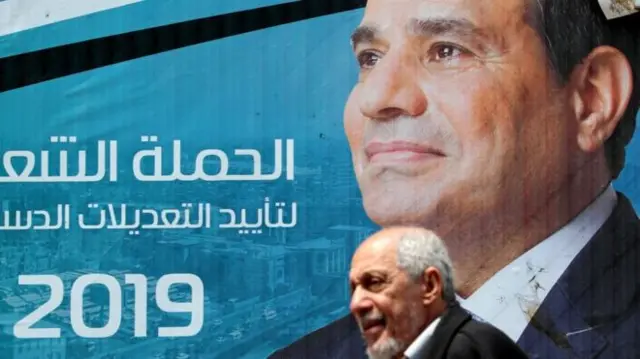British man guilty on bomb charge in Kenyapublished at 17:50 BST 24 April 2019
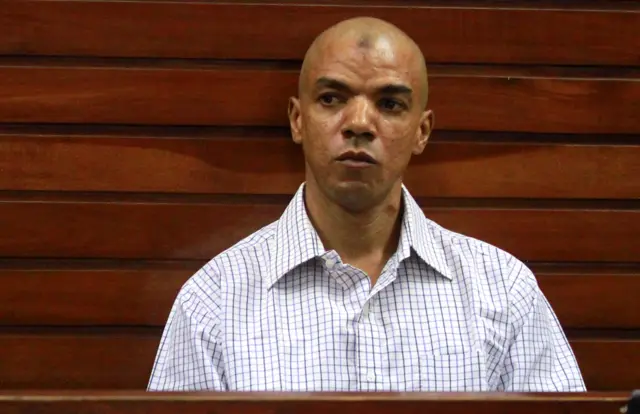 Image source, Reuters
Image source, ReutersA British man accused of helping to plan terrorist attacks in Kenya has been found guilty of possession of bomb-making materials.
The magistrate in Mombasa acquitted him of conspiracy to commit a felony.
Jermaine Grant, from east London, was arrested in 2011 and is already serving a nine-year sentence for forging documents in an attempt to obtain Kenyan citizenship.
Prosecutors argued that he had planned a bombing campaign against hotels popular with foreign tourists.
Prosecutors had previously said that a British woman, Samantha Lewthwaite, was also wanted in connection with the same plot.
Known as "the white widow" she has not been arrested.
Jermaine Grant will be sentenced next month.
